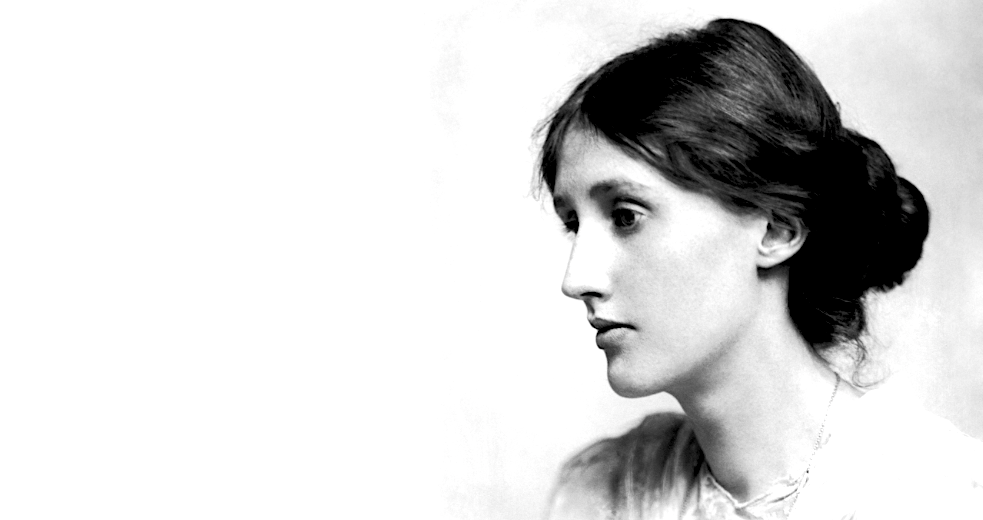
I recently had the pleasure of reading Virginia Woolf’s A Room of One’s Own. I first studied a small section of the extended essay several months ago in a literature class, but I have only truly understood its personal and historical significance within the last few days.
The concept described in the essay is that a woman needs money and a room of her own in order to write fiction. Woolf describes the challenges that women go through in this process of becoming a writer, pursuing higher education, and the implications of being a female writer in a world where they are not accepted. As I was researching and diving further into these concepts and this author, I realized that female writers then and now are not recognized for what they truly represent: power and persistence.
Over the past few centuries, women have persevered through unimaginable challenges, standards, expectations, and perceptions the world has brought upon them. Throughout history, the tradition of women’s writing has been often ignored due to women’s inferior roles in a male-oriented society. The onus of women’s literature was also ignored, which creates an area of study for this marginalized group in history. By exploring it, a reader can better understand and appreciate the nature of women’s lives while they were in this unique place in society.
A Room of One’s Own, published in 1929, was a driving force behind a movement of renewed interest in women’s literary history. The essay is told through a fictionalized narrator and presents an argument based on a metaphorical and physical “room” for women’s literature within the literary tradition.
Other works of Woolf also present this exemplary need for exploring women’s historical inequalities, and it’s these feminist works that have since pushed the boundaries for female writers everywhere. It is thanks to these influences, including Virginia Woolf, Toni Morrison, Sylvia Plath, and Margaret Atwood, that I can now pursue a degree in writing at a higher university, to join their fight to increase women’s literature in the world, and to be able to seize the opportunities Woolf wished for female writers to have in the writing of “A Room of One’s Own”.
